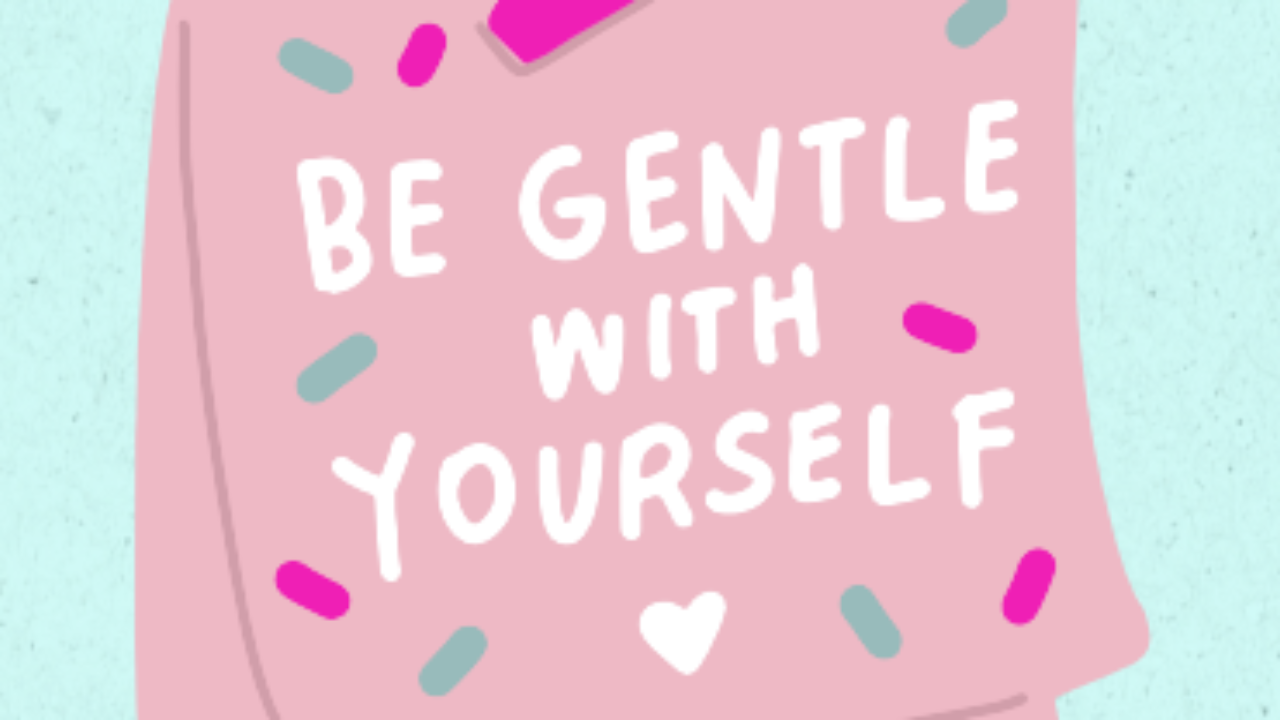Wanting to share your story and build shame resistance? Here's some steps to do so.
Apr 15, 2023

"One day you will tell your story of how you overcame and what you went through and it will be someone else’s survival guide." - Brene Brown
This quote from Brene Brown has empowered me as I follow my personal journey of uplifting and helping women heal from their pasts. I admire her work as a PhD psychologist and her studies of shame in human behavior for the past decade.
Research has shown that we frequently deal with shame in three unhealthy ways:
-
We distance ourselves from other people by hiding our true selves, withdrawing from our relationships, and keeping secrets.
-
We try to please those around us so that we can “earn back” our worthiness.
-
We feel depressed and anxious. Shame can be a contributing factor to depression, anxiety, and codependency.

